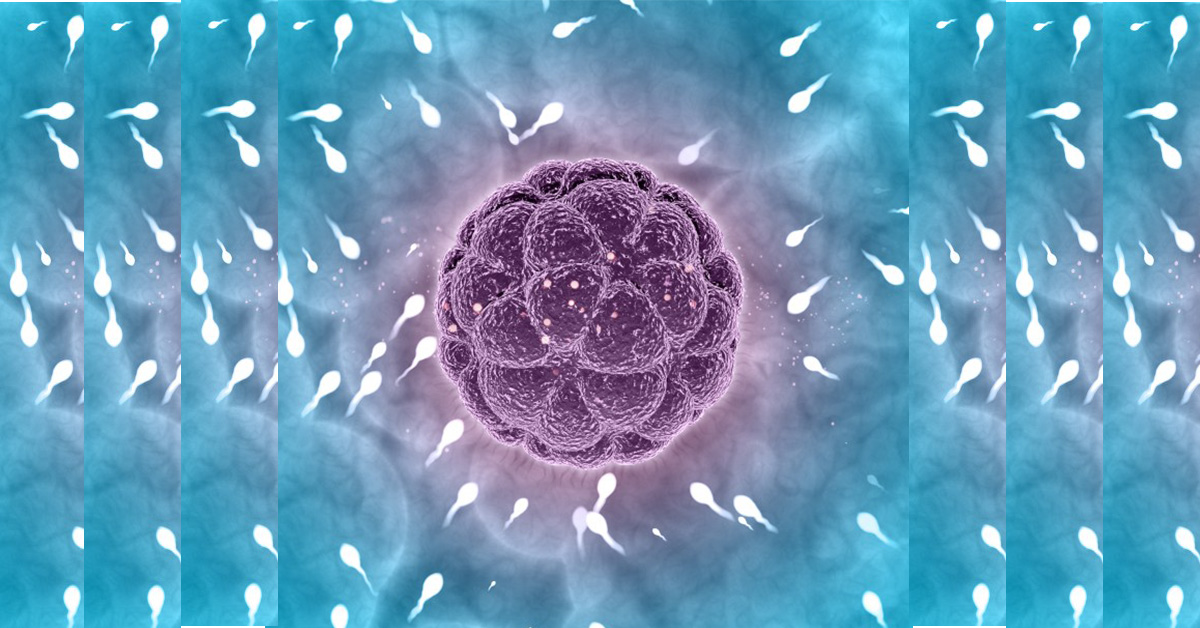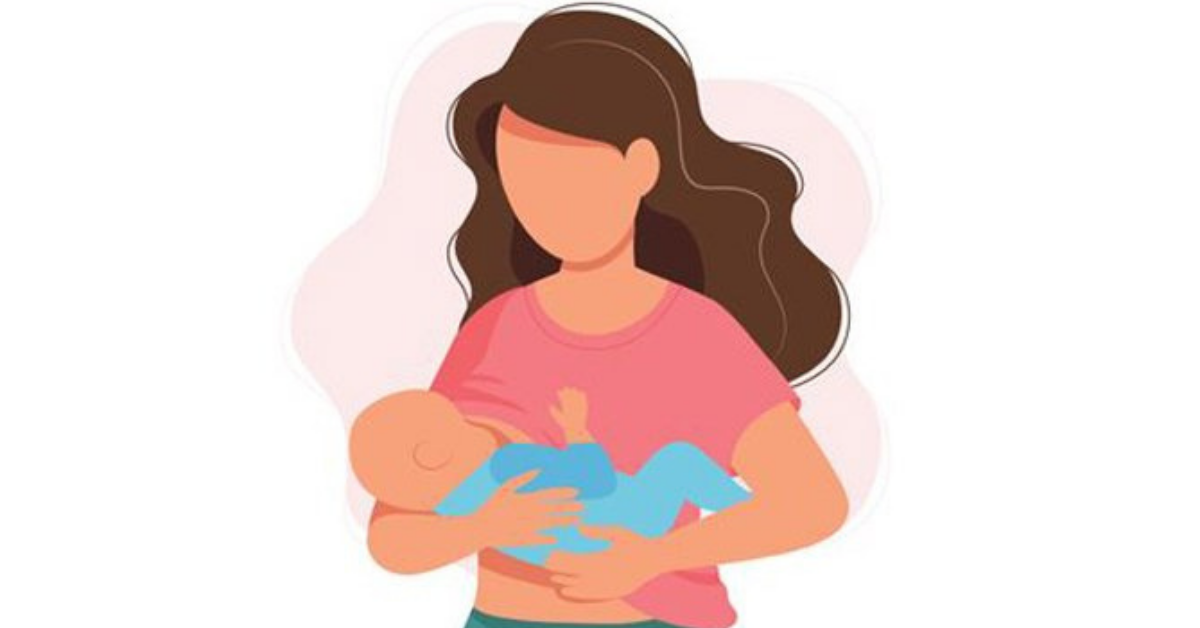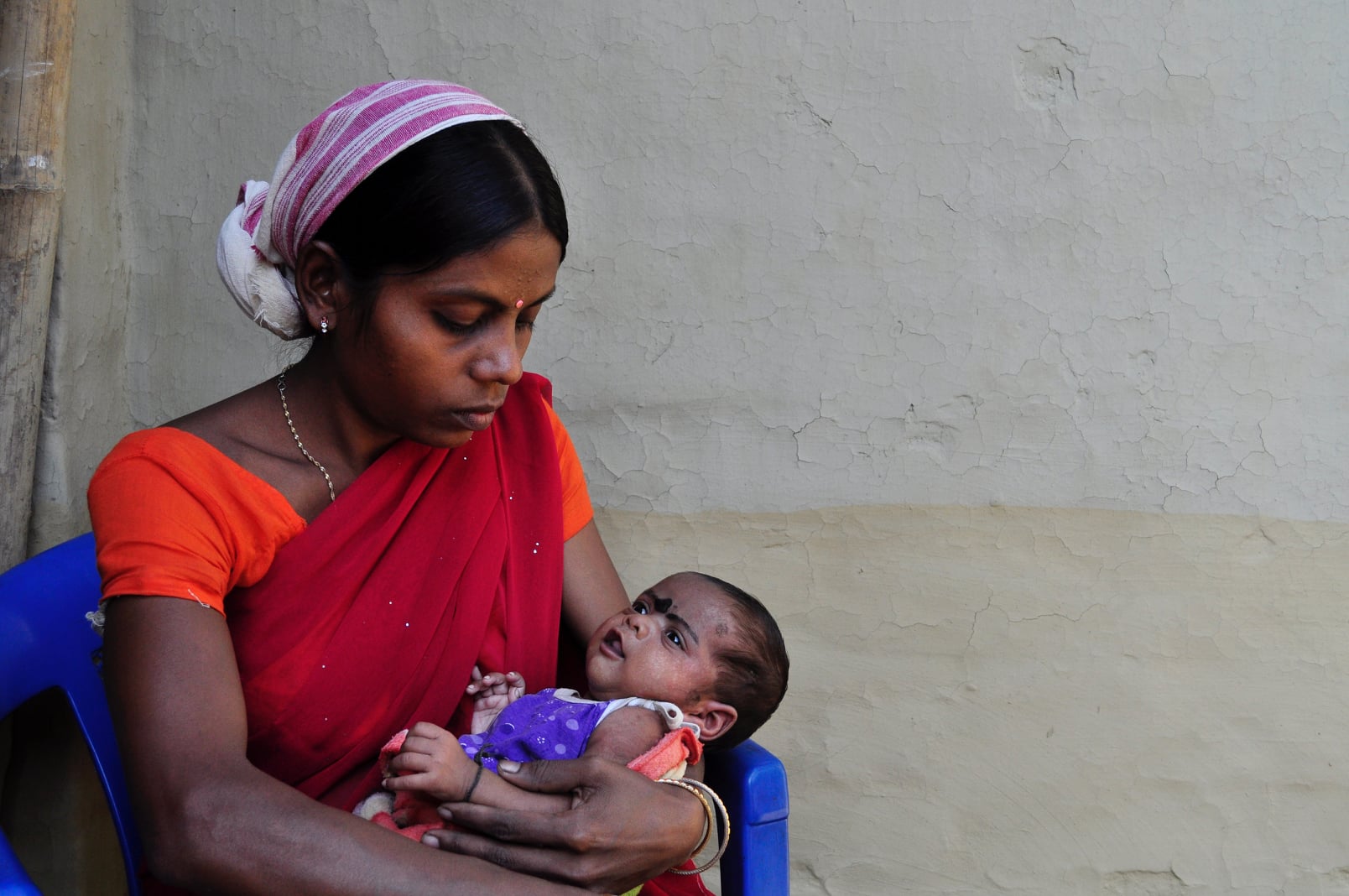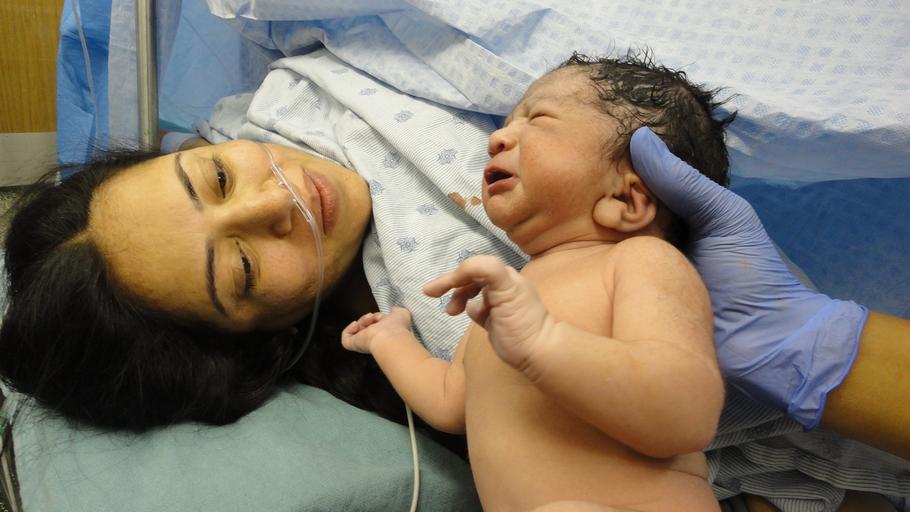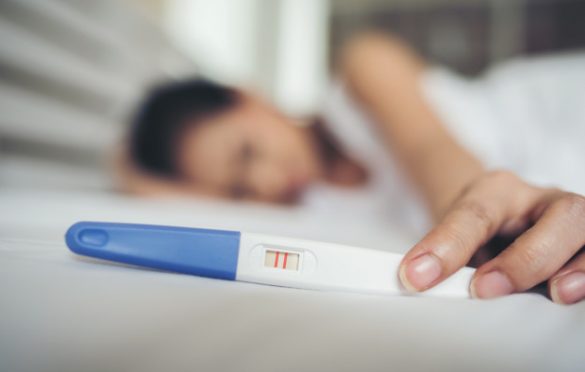Healthy eating, plenty of water intake, eating green veggies and fruits, avoiding junk, taking a walk post-meal, protein intake, no stress, meditation, and the list goes on. Well, that is pretty much a pregnancy planner for every mom-to-be, right? All of this is to keep the little life growing inside you healthy and happy.
If you are already keeping up with all these healthy habits then why keep Yoga off limits?
Studies suggest that prenatal yoga has multiple health benefits. It not keeps the mother and baby healthy but also prepares the body for childbirth and labor. It is obvious to have some confusion and doubt about prenatal yoga but this article will dispel all of them by the end you would be prepping for your yoga routine already.
What is prenatal yoga?
Prenatal yoga is a holistic approach to keeping the mother and the baby healthy while also preparing the body for childbirth. It includes exercises, and meditation plans appropriate for an expecting mom. It makes the body supple, relaxed, and free of frequent joint pains and body aches. Apart from the physical benefits, it helps in reducing anxiety, stress, and tension and pacifies the compulsive behaviors that stem from mood swings during pregnancy.
When should I take up prenatal yoga?
Everyone’s body reacts differently to change. These changes double up while you are expecting. Yoga helps to deal with these changes in a comfortable and easy manner. However, if your doctor has indicated some pregnancy complications already then It is advisable to consult your gynecologist before taking up prenatal yoga.
In another case, if the doctor flags off no complications then You may start practicing yoga right from the beginning of your pregnancy on the doctor’s advice.
In the first trimester
During pregnancy, it becomes important to build a relationship with your body. Instead of forcing strenuous poses and bends, start off with improving the basic agility and flexibility of your body. An amalgamation of a few stretches, bending, and breathing exercises would be perfect to start off your yoga routine.
In the Second trimester
Visible changes in the body start appearing in the second trimester. The belly enlarges as the baby grows in shape, the size of the breasts increases, and mood swings become frequent. It is about time to practice pregnancy-specific poses such as Bound angle pose(Baddha Konasana), Cat-cow pose(Marjaryasana Bitilasana), Yoga Squat (Malasana), Easy pose(Sukhasana), Corpse pose(Savasana).
Avoid doing any poses that require you to get laid on your belly. Deep twists, long stretches, and heavy endurance exercises should also be avoided.
In the third trimester
Here comes the most precautionary stage of pregnancy. The weight doubles up with a huge bulging belly that leaves no room for mistakes while performing yoga. Be aware of taking a perfect stance while doing a pose and holding a pose with perfect balance to prevent your belly from any hurt or accident. Rest if you are performing it under expert supervision there isn’t much to stress over.
Benefits of prenatal yoga
You check and then you double-check before adding up anything into your routine during pregnancy. The same goes for yoga. Why should you practice prenatal yoga after all how does it benefit you and your baby? Here are a few benefits of prenatal yoga enlisted below.
1. Makes the body supple and flexible thereby preparing it for childbirth.
2. Reduces stress and anxiety.
3. Improves sleep cycle
4. Decreases back pain, muscle stiffness, nausea, morning sickness, cramps, and soreness.
5. Increases oxygen supply for the baby.
Precautions for prenatal yoga
Expert Supervision: It is strictly recommended to perform yoga under expert supervision. Leaving anything for chance is a big no-no. Experts are well trained and know exactly how to make the task easy for you. This also reduces the chances of injury or any unforeseeable complications to zero.
Set realistic goals: Start by setting realistic goals for each week. This will help you push your limits bit by bit without forcing anything upon yourself. You may increase your time limit by a few minutes each day to check your progress.
Stay hydrated: Doing yoga at room temperature may increase your normal body temperature as well. Thus, staying hydrated will keep your body cool and make the practice easier for you without making you go breathless.
Avoid certain postures: Strictly avoid deep bends or twists. Avoid bending from the abdomen as it may harm the baby. Ensure maintaining a normal spine curvature throughout the practice. You should also not be lying against your abdomen.
Know your limits: Once to start off this practice you can easily estimate the limit of your endurance. Make sure you do not overdo any practice, As excess of anything is bad.
While doing yoga if you experience any unease, pain, bleeding or cramps immediately consult your doctor. Make sure to put your comfort first and do not get into the race or compare your journey of yoga with others. Ensuring your own safety and wellness should be of utmost priority.
To read more such articles, Click Here

